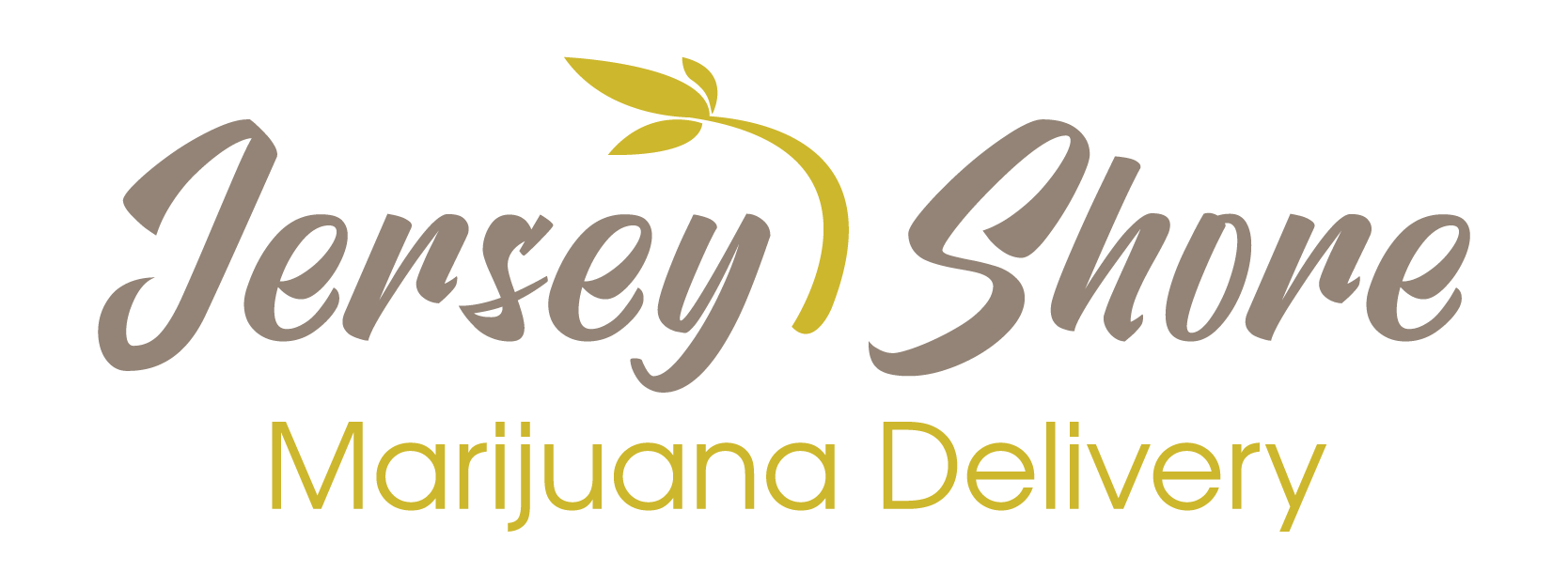As cannabis becomes increasingly accessible in Jersey Shore, understanding the distinctions between medical and recreational use is essential for consumers. While both forms are legal in New Jersey, they differ in terms of eligibility, purchase limits, taxation, and product offerings.
Eligibility and Age Requirements
Medical cannabis is available to New Jersey residents who have a qualifying medical condition and obtain a medical marijuana card. Patients must be at least 18 years old, though minors can qualify with parental consent and physician approval. In contrast, recreational cannabis is accessible to adults aged 21 and over, regardless of medical status.
Purchase and Possession Limits
Medical marijuana patients can purchase up to 3 ounces (approximately 85 grams) of cannabis every 30 days. Recreational users are limited to purchasing 1 ounce (28.35 grams) per transaction. Both medical and recreational users may legally possess up to 6 ounces of cannabis at any given time, though exceeding these limits can result in legal consequences.
Taxation and Cost Considerations
One significant advantage for medical cannabis patients is the exemption from state sales tax. Recreational cannabis purchases are subject to a 6.625% state sales tax, plus a social equity excise fee. This difference in taxation often results in lower costs for medical users, especially those who rely on regular treatment regimens.
Product Availability and Potency
Medical dispensaries typically offer a wider range of products tailored to health conditions, including high-CBD strains, tinctures, capsules, and topicals. These products are often formulated to provide symptom relief without intense psychoactive effects. Recreational dispensaries, on the other hand, generally feature higher THC products aimed at enhancing mood, creativity, and relaxation.
Legal Protections and Workplace Rights
Registered medical cannabis patients have greater legal protections compared to recreational users. For instance, patients are protected from workplace discrimination based solely on their enrollment in the state medical cannabis program. These protections do not apply to recreational consumers, who may still face consequences for cannabis use in professional settings.
Access to Dispensaries
While many dispensaries in the state are licensed for both medical and recreational sales, some locations are strictly medical. Medical patients may receive prioritized service through dedicated lines, shorter wait times, and exclusive access to certain products. This added convenience and product selection can make a significant difference for individuals managing chronic conditions.
In Review
There are clear distinctions between medical and recreational cannabis in Jersey Shore, affecting who can purchase, what can be bought, how much is taxed, and the legal protections offered. Medical cannabis offers several advantages for patients, including tax exemptions and tailored product options, while recreational cannabis provides broader access with fewer steps. Consumers are encouraged to speak with knowledgeable budtenders or healthcare providers to decide which route best suits their needs and lifestyle.
